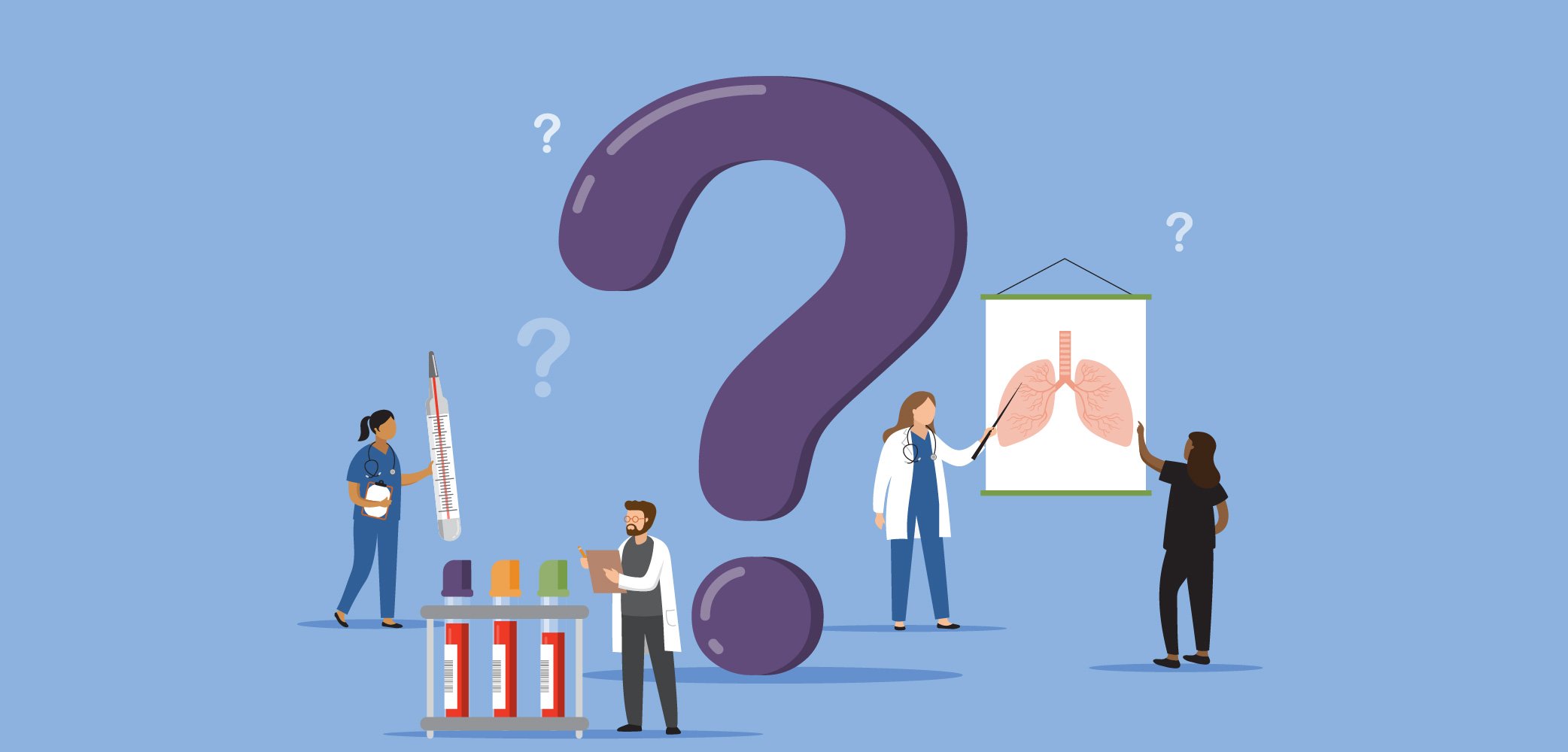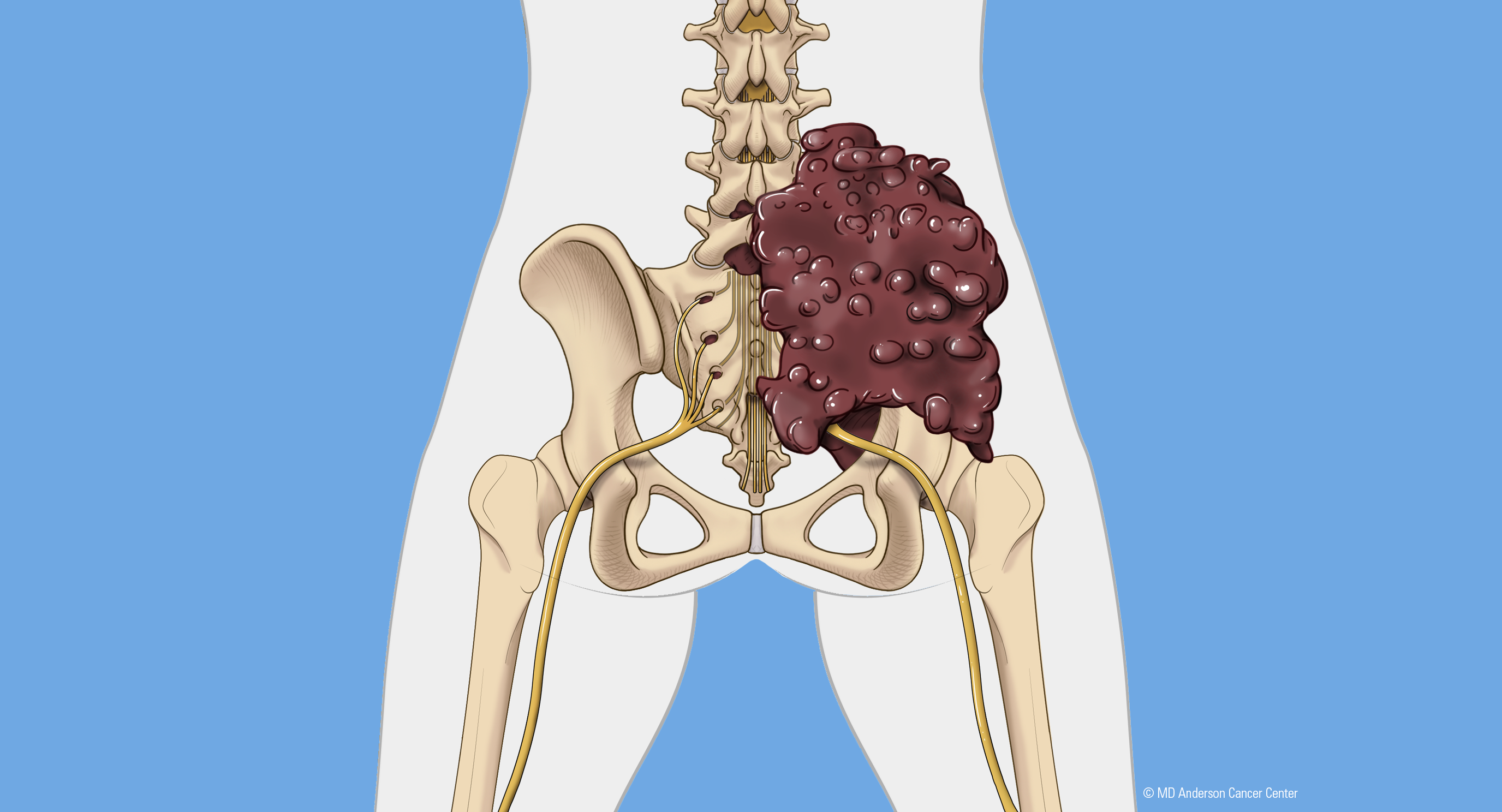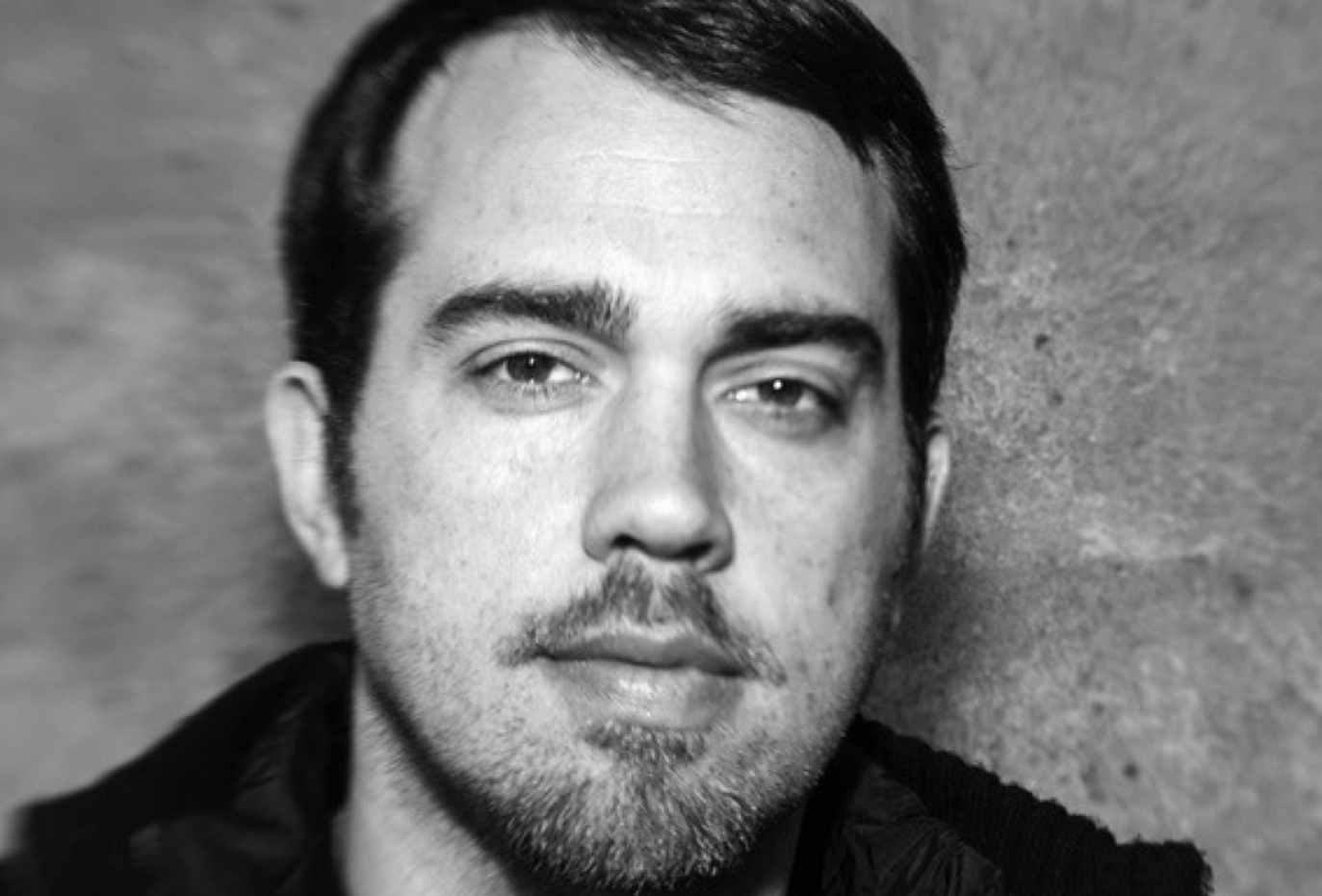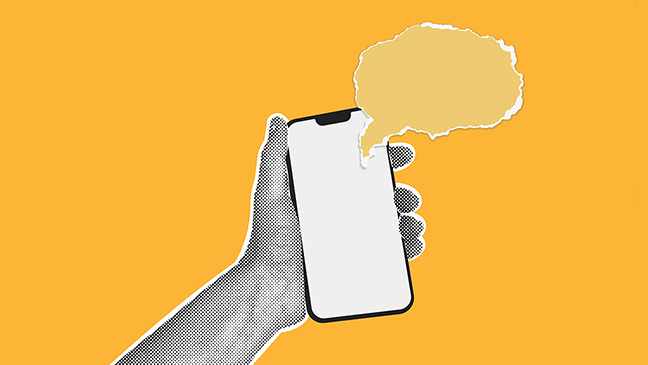- Diseases
- Acoustic Neuroma (14)
- Adrenal Gland Tumor (24)
- Anal Cancer (68)
- Anemia (2)
- Appendix Cancer (16)
- Bile Duct Cancer (26)
- Bladder Cancer (72)
- Brain Metastases (28)
- Brain Tumor (232)
- Breast Cancer (714)
- Breast Implant-Associated Anaplastic Large Cell Lymphoma (2)
- Cancer of Unknown Primary (4)
- Carcinoid Tumor (8)
- Cervical Cancer (158)
- Colon Cancer (166)
- Colorectal Cancer (118)
- Endocrine Tumor (4)
- Esophageal Cancer (44)
- Eye Cancer (36)
- Fallopian Tube Cancer (8)
- Germ Cell Tumor (4)
- Gestational Trophoblastic Disease (2)
- Head and Neck Cancer (12)
- Kidney Cancer (128)
- Leukemia (342)
- Liver Cancer (50)
- Lung Cancer (286)
- Lymphoma (278)
- Mesothelioma (14)
- Metastasis (30)
- Multiple Myeloma (100)
- Myelodysplastic Syndrome (60)
- Myeloproliferative Neoplasm (6)
- Neuroendocrine Tumors (16)
- Oral Cancer (100)
- Ovarian Cancer (172)
- Pancreatic Cancer (160)
- Parathyroid Disease (2)
- Penile Cancer (14)
- Pituitary Tumor (6)
- Prostate Cancer (146)
- Rectal Cancer (58)
- Renal Medullary Carcinoma (6)
- Salivary Gland Cancer (14)
- Sarcoma (238)
- Skin Cancer (296)
- Skull Base Tumors (56)
- Spinal Tumor (12)
- Stomach Cancer (64)
- Testicular Cancer (28)
- Throat Cancer (92)
- Thymoma (6)
- Thyroid Cancer (98)
- Tonsil Cancer (30)
- Uterine Cancer (80)
- Vaginal Cancer (16)
- Vulvar Cancer (20)
- Cancer Topic
- Adolescent and Young Adult Cancer Issues (20)
- Advance Care Planning (10)
- Biostatistics (2)
- Blood Donation (18)
- Bone Health (8)
- COVID-19 (362)
- Cancer Recurrence (120)
- Childhood Cancer Issues (120)
- Clinical Trials (632)
- Complementary Integrative Medicine (22)
- Cytogenetics (2)
- DNA Methylation (4)
- Diagnosis (232)
- Epigenetics (6)
- Fertility (62)
- Follow-up Guidelines (2)
- Health Disparities (14)
- Hereditary Cancer Syndromes (126)
- Immunology (18)
- Li-Fraumeni Syndrome (8)
- Mental Health (116)
- Molecular Diagnostics (8)
- Pain Management (62)
- Palliative Care (8)
- Pathology (10)
- Physical Therapy (18)
- Pregnancy (18)
- Prevention (918)
- Research (392)
- Second Opinion (74)
- Sexuality (16)
- Side Effects (604)
- Sleep Disorders (10)
- Stem Cell Transplantation Cellular Therapy (216)
- Support (402)
- Survivorship (322)
- Symptoms (182)
- Treatment (1786)
Chondrosarcoma patient: When there isn't anything else the doctors can do
BY Mike Snyder
4 minute read | Published March 28, 2014
Medically Reviewed | Last reviewed by an MD Anderson Cancer Center medical professional on March 28, 2014
"At this point, there isn't anything else we can do for you."
That sentence is one that cancer patients never want to hear their doctor say. It implies a finality, an ending, a loss of hope and a fear-come-true that we never want to face. The fear of hearing those words is something many cancer patients live with every day.
So what do you do when it's your doctor saying something like this to you? How do you react? What do you say, if anything? In my case, I initially said nothing. What my doctor said didn't register with me. Did he just say Iwas dying?"
Mike, do you understand what I just said?" my original oncologist in Albuquerque asked.
For a moment, I just stared at him. Then I asked, "Would you repeat that, please?"
"Your tumors are growing faster than I can remove them. More surgery isn't an option and there isn't anything else out there for chondrosarcoma that I know about. I'd like you to consider hospice care since the tumors will probably kill you within five to 10 years if they keep growing at the same rate they are now."
At the time, I was 54 years old. And my doctor just told me I was going to die, perhaps sooner rather than later. That wasn't fair or right. I wasn't ready to die. There were still things I wanted to do with my family.
My doctor and I talked for a few more minutes. He closed by saying the one thing that did register and made sense: "If you want to get a second opinion, you won't offend me. I'd actually encourage it."
Seeking a second opinion for chondrosarcoma at MD Anderson
His advice about a second opinion led me to MD Anderson, and ultimately, to participate in a series of clinical trials. As I was signing up for the first trial, one of my questions was what would happen if we ran out of treatment options.
"If it comes to that, we'll be honest with you about it," my doctor said. "But even when one clinical trial ends, we usually have more coming down the pipe. Sometimes you might have to wait a month or so."
Those words were soon lost in a jumble of new terms and procedures associated with the clinical trial I ended up on. But, just like my doctor had predicted, when one trial was winding down, another one was getting started. Since I began coming to MD Anderson in 2011, I had never been off treatment for more than six weeks.
Exhausting all effective treatment options
Things changed last October. My trial drug was slowing the growth of my tumors, but it was no longer stopping them. The tumor growth rate increased so much that I had to drop out of the clinical trial. The drug wasn't helping me anymore.
My care team began the process of moving me to a different trial, but we kept running into roadblocks. One study that had been open suddenly closed. Another study changed protocol and was no longer open to patients with my type of cancer. A third study that was listed as open was actually close to being cancelled.
Then the call came from my doctor with the news I thought I'd never hear again. There wasn't a clinical trial or treatment offered by MD Anderson that could help me. Later that day, when I looked online at my personal health record, the confirmation of what he said seemed to leap off the page at me: "The patient has exhausted all effective treatment options."
That sentence hit me as clinical and final. No more options. No more choices. My cancer treatment was over. It was hard to read the sentence and not start crying. Honestly, when I read it again later in the day, I did start crying. I thought about everything I'd been through and had put my family through, only to have the best cancer hospital in the world tell me they couldn't help me anymore.
Just like before, once the initial shock wore off, I knew I couldn't accept a prognosis that left me with no options and no hope. I knew there had to be something else out there. So I've started looking at other treatment options, and I'm still waiting for a new trial.
I have to emphasize that this is the approach I chose. It's the method that worked for me. For other cancer patients, the circumstances and the choices may be dramatically different. Had I been enduring a wide array of nasty side-effects or facing serious quality of life issues, I likely would have made a different decision about my treatment.
Advice for other cancer patients
Whatever decision you make at this point has to consider your circumstances, your comfort level and your quality of life. The course of treatment has been your choice. What to do next when the treatment ends is your choice as well.
You will want to talk with family, friends, and your health care team. Talk with clergy and counselors as well. For some discussions, you'll want your family involved. At other times, you may want to limit the talk to just yourself and your spouse or caregiver.
Make use of MD Anderson's counseling services. By doing so, you'll know that your decision is based on solid information, while taking your thoughts and feelings about your treatment into account. This decision isn't easy, but the process of making it can be easier if you take advantage of the help that's available toMD Anderson patients. I encourage you to do so, for yourself and for those on the journey with you.






